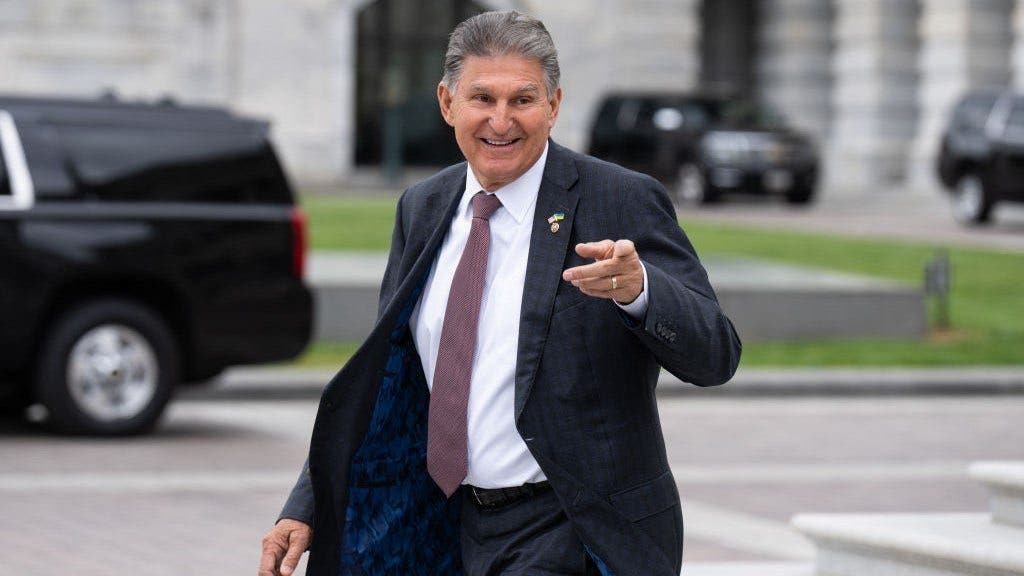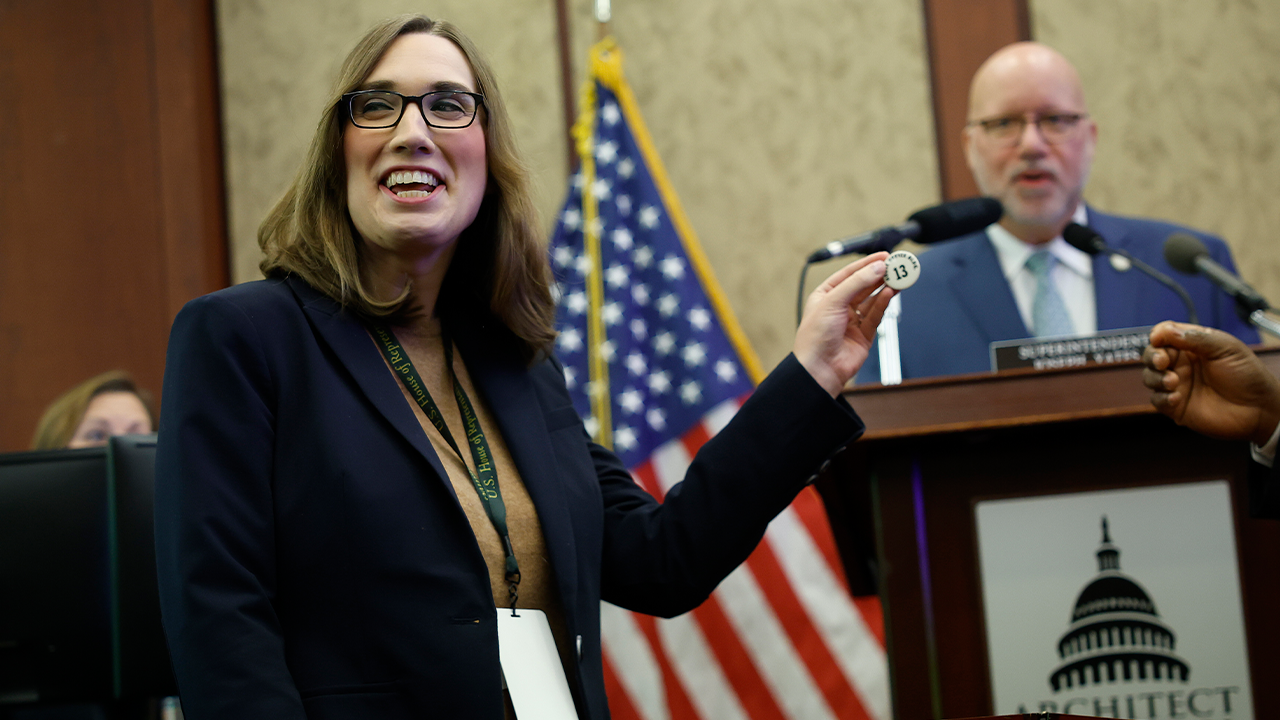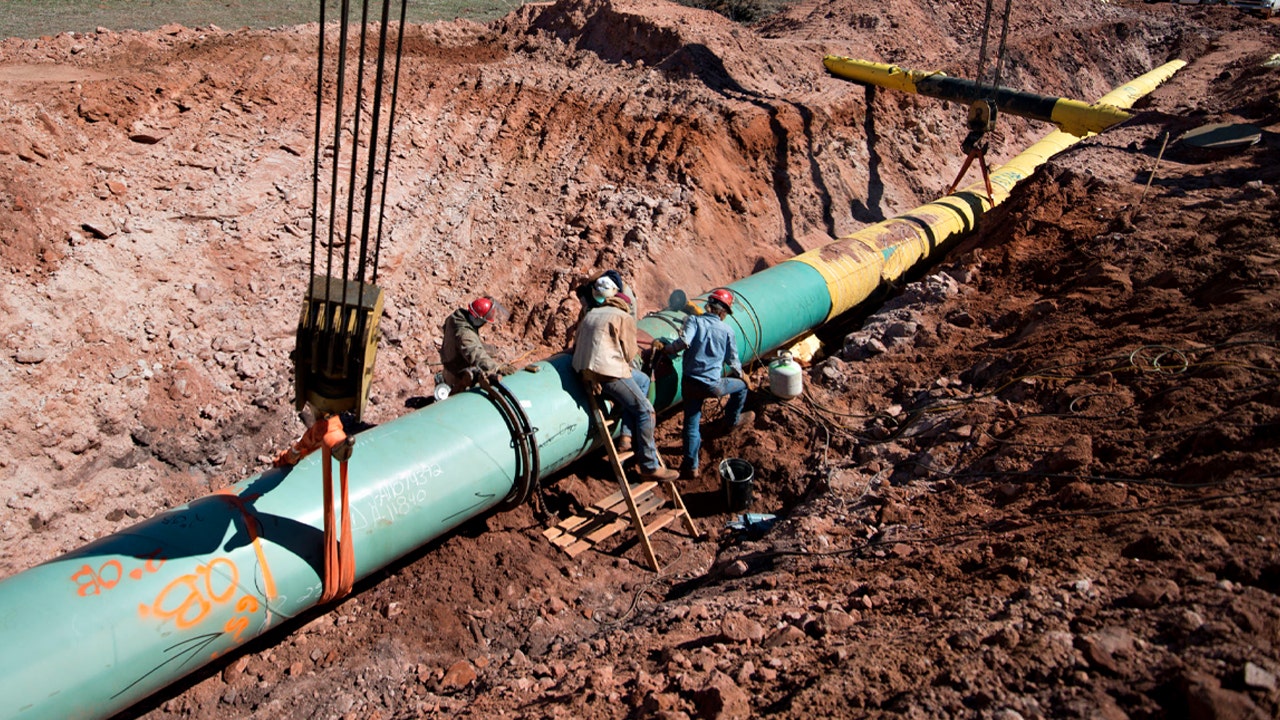For many Americans, Memorial Day weekend marks the start of the summer travel season as millions of people head to parks, beaches and other vacation destinations.
This summer is no exception: Nearly 44 million people are expected to skip town this Memorial Day, the highest number since 2005, according to AAA. Road trips, in particular, are expected to set a record, which could send gas prices higher.
There’s no relief in the air, either: Thursday was the second-busiest day for travel in TSA history, as it screened just shy of 2.9 million passengers. Friday is expected to be even busier.
This week, the Biden administration said it would take action to keep prices at the pump in check, selling one million barrels of gasoline from a never-before-used emergency stockpile called the Northeast Gasoline Supply Reserve.
“By strategically releasing this reserve in between Memorial Day and July 4th, we are ensuring sufficient supply flows to the tri-state and northeast at a time hardworking Americans need it the most,” Energy Secretary Jennifer Granholm said in a statement on Tuesday.
But, just as a US president cannot solely take the blame for surging oil prices, nor can he or she, in most cases, be entirely credited for steadying prices. The true impact of this strategic release will likely be negligible, oil market experts said – and the sale was mandated by Congress earlier this year.
“This is a non-starter and won’t do much to lower gas prices,” GasBuddy’s Patrick DeHaan said. “But it will help get rid of a reserve that wasn’t really practical or usable.”
Although a strategic sale of one million barrels of gas sounds like a lot, the US consumed nearly 9 million gasoline barrels per day last year, according to the US Energy Information Administration. That means the Biden administration’s planned release, which will happen in the coming weeks, translates to less than three hours of national demand.
While the Biden administration may have timed the sale from the government-owned oil supply to coincide with the busy holiday travel season, Congress directed the administration to draw down and close the NSGR, created as part of then-President Obama’s response to Superstorm Sandy.
According to the US Department of Energy, the reserve was created after the 2012 storm caused heavy damage to oil refineries in the Northeast, leaving some gas stations without fuel for weeks. The reserve currently holds gasoline barrels in New York and Maine.
Biden has tapped other US-owned oil reserves during his presidency. In the wake of Russia’s invasion of Ukraine in 2022, Biden attempted to stem rising oil prices by authorizing the release of 180 million barrels of oil in coordination with US allies overseas. At the time, the President said it would act as a “wartime bridge” as the US and global oil production ramped back up after the Covid-19 pandemic.
Tom Kloza, the global head of energy analysis at the Oil Price Information Service, said he believed the Biden administration would be making a mistake if he were to take credit for recent steady oil prices after the one-million-barrel release.
“By depicting this as a move to save consumers money, they risk being blamed if prices spike higher this summer,” said Tom Kloza, the global head of energy analysis at the Oil Price Information Service. While Kloza doesn’t expect a surge in oil prices, he said it was possible that warm summer temperatures could cause refineries to shut down or slow, causing a price spike.
Gas prices have remained steady in recent weeks after rising sharply at the end of winter. On Thursday, the national average for regular gas was $3.61, slightly above the average since 2020, according to AAA. The current price at the pump is slightly higher than it was heading into Memorial Day last year at $3.54 a gallon, but significantly lower than the price two years ago, when the national average was above $4.50.
– CNN’s Matt Egan and Gregory Wallace contributed to this report.
Read the full article here












